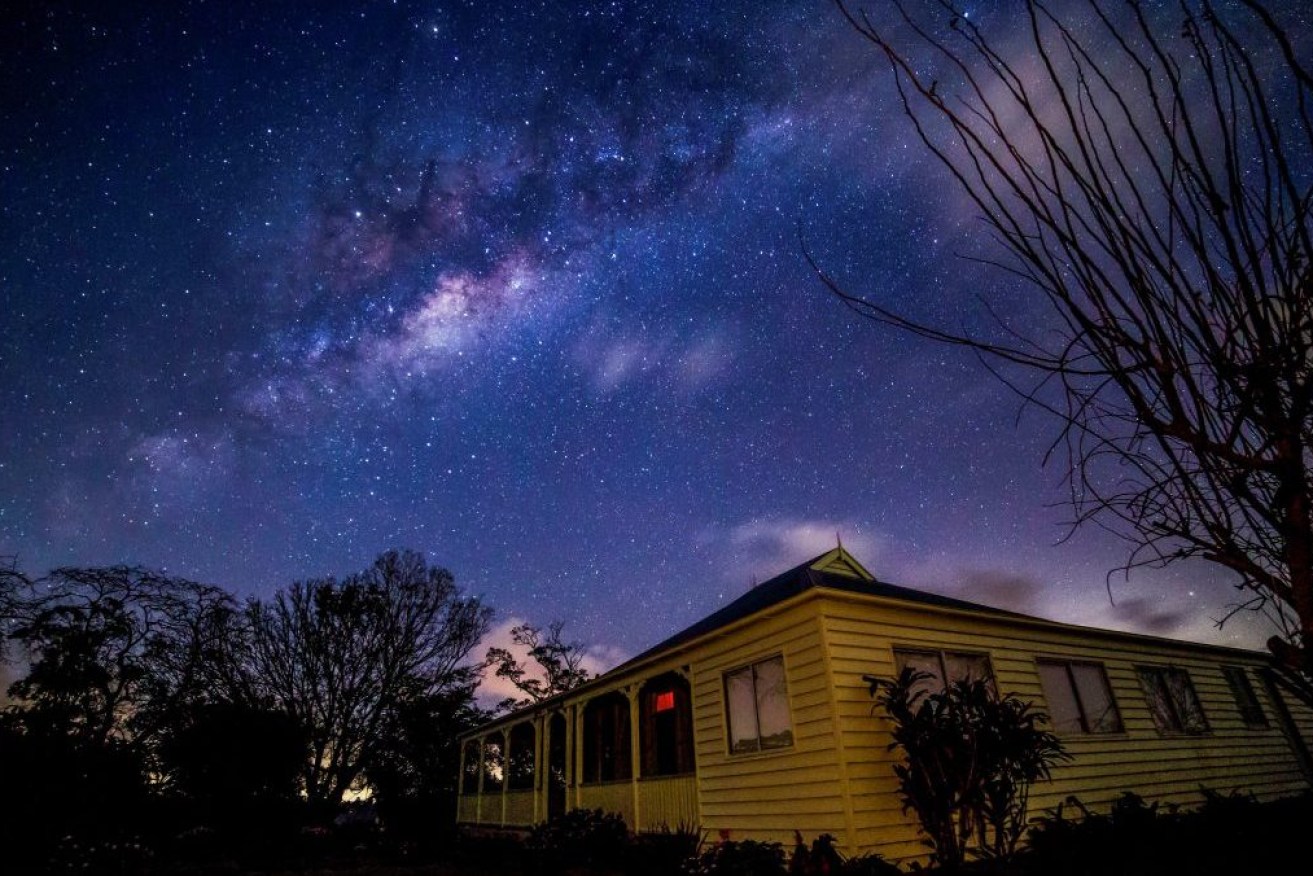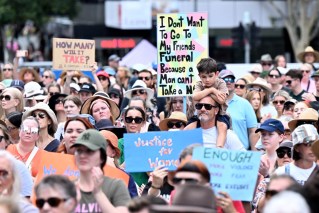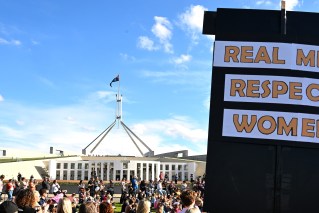Lights out: Sunshine Coast looks to the night skies for a new kind of tourism
About 80 per cent of the world can’t see the night sky so the Sunshine Coast is chasing star gazers with a plan to develop Dark Sky tourism.


The region's night sky could be a tourism attraction Image courtesy of Dr Ken Wishaw and Dr Paul Baker, Brisbane Astronomical Society
It is an idea that has had some success. In New Zealand’s south island, the Mount Cook national park and the Mackenzie Basin were set aside as dark sky reserve and there was a tripling of visitors. Australia’s first dark sky area was in the River Murray region of South Australia. France, Wales and Germany have their own areas.
Tasmania is also well known for its night sky and the Aurora Australis (southern lights).
The Sunshine Coast Council has honed in on an area of 873 sq/km near Maleny that includes state forest, national park and environment reserves.
The idea needs community support because to be able to see the night sky in all its glory, light pollution has to be reduced. The council plans to spend $4 million on changing its street lighting in the area and will start community consultation with residents and business.
Councillor Winston Johnston said the proposed dark sky reserve would bring a variety of benefits for both people and nature in the Sunshine Coast biosphere.
We recognise close to 15,000 members of our community call this area home, including those in Maleny, Mapleton, Montville, Witta, Flaxton and Conondale,” he said.
“This proposed designation seeks to continue to support and protect the landscape and character of their neighbourhoods, including the unique night-sky values, while they continue to live, work and play.
“A dark night sky improves community wellbeing and is important to our native wildlife that rely on dark night skies to move, feed or reproduce safely at night.
“This designation would position our region to become an astro-tourism destination and help support our hinterland communities, while reducing emissions from excess lighting.”
Environment Portfolio Councillor Peter Cox said if the plan went ahead it would complement the council’s work to reduce light pollution in coastal areas for nesting turtles and other wildlife. It could reduce energy bills and carbon emissions.
The next steps for the proposed reserve include more detailed planning and engagement with our community to understand their interest in the proposal.
“The certification process with the International Dark Sky Association will take several years to complete, so by acting now we can secure our dark skies as our region continues to grow.












